Iran
Explore all Articles
filter by–Region
filter by–Country
search by–Keyword
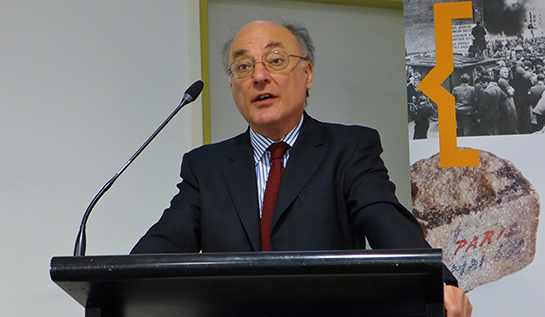
Interview with Dr. Houchang Chehabi: Environmental and Water Issues in Iran
06.20.16
Dr. Houchang Chehabi, PhD, is a leading expert in Iranian studies at The Frederick S. Pardee School of Global Studies at Boston University where he is Professor of International Relations and History. Houchang Chehabi has taught at Harvard and has been a visiting professor at the University of St. Andrews, UCLA, and the Universidad Argentina […]
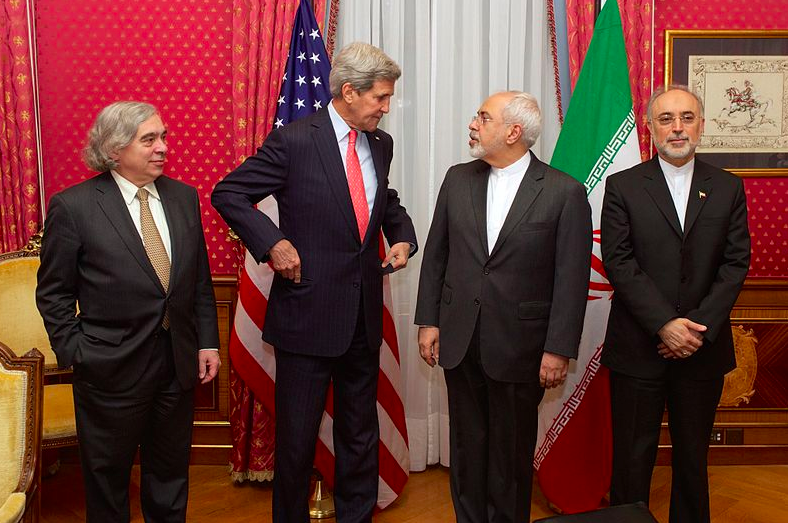
Science and Diplomacy for Solving Humanity’s Big Issues: U.S Secretary of Energy, Ernest Moniz on Iran
04.23.16
The Harvard Kennedy School hosted Secretary Ernest Moniz as part of The Robert McNamara Lecture on War and Peace, co-sponsored by the Belfer Center for Science and International Affairs on April 14th, 2016. Dr. Moniz focused a large part of his discussion on the Iran negotiations, specifically the role science played in fostering an […]
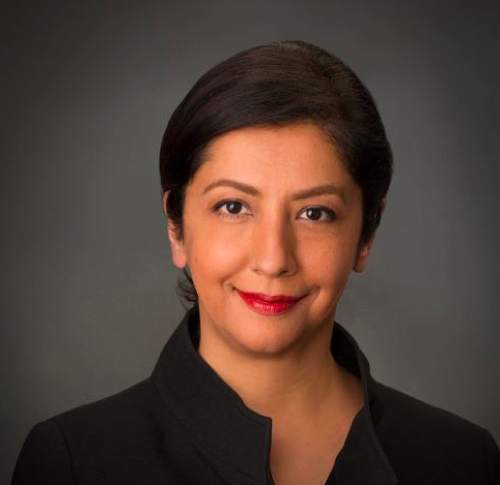
Interview with Dr. Banafsheh Keynoush: Iranian Influence in MENA
04.18.16
Banafsheh Keynoush is an international geopolitical consultant, foreign affairs scholar, and author of “Saudi Arabia and Iran: Friends or Foes?” (Palgrave Macmillan, February 2016). The book is based on dozens of interviews with Saudi and Iranian leaders, politicians and decision makers, and rich archival material collected and made available for the first time in English. […]
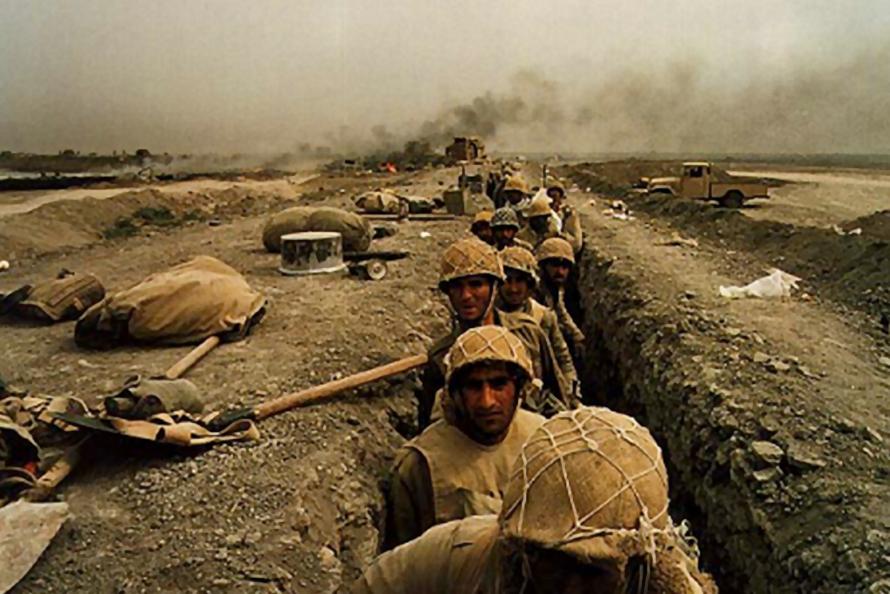
Sectarianism and Conflict: Legacies of the Iran-Iraq War
04.2.16
During the Iran-Iraq War, which was set off with the Iraqi invasion of Iran in 1980 and which ended in 1988, sectarian ideology was used profusely, both as a tool for propaganda and to help both nations in strengthening their positions. The Sunni versus Shia framework was used as the pretext by Saddam Hussein for Iraq’s […]
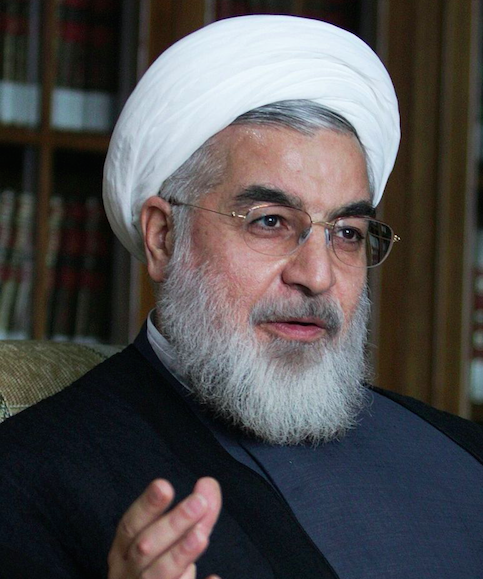
Iran’s Conservative Pragmatism
03.14.16
For many, the Iranian elections on February 26, 2016 were a first test for the Iranian public’s reaction to the nuclear deal signed in July 2015. For those who anticipated a dramatic result, either in favor or against the regime, the elections tempered these notions. The main conclusion to draw from the formal results is […]

Analyzing the Saudi-Iran Rift with Karim Sajadpour
03.10.16
JMEPP Associate Editor Satgin Hamrah interviewed Karim Sajadpour, a Senior Associate of the Middle East Program at the Carnegie Endowment for International Peace, for the Inside the Middle East Q&A series at the Middle East Initiative located at Harvard’s Belfer Center for International Affairs. Below is the podcast of their interview which is comprised of an analysis of the ongoing rift […]
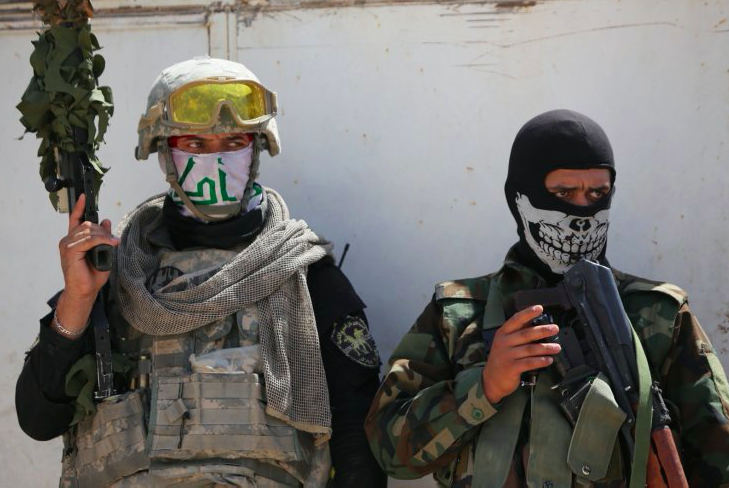
Paradigm Shifts Between Iran and Iraq
12.13.15
Introduction The Islamic State of Iraq and the Levant (ISIL) has strategically used Iraq’s unstable geopolitical and security landscape to rise from obscurity to become a powerful and ruthless organization. This terrorist organization has developed the capability to acquire vast stretches of territory and intends to continue expanding. As a result of its territorial ambitions […]
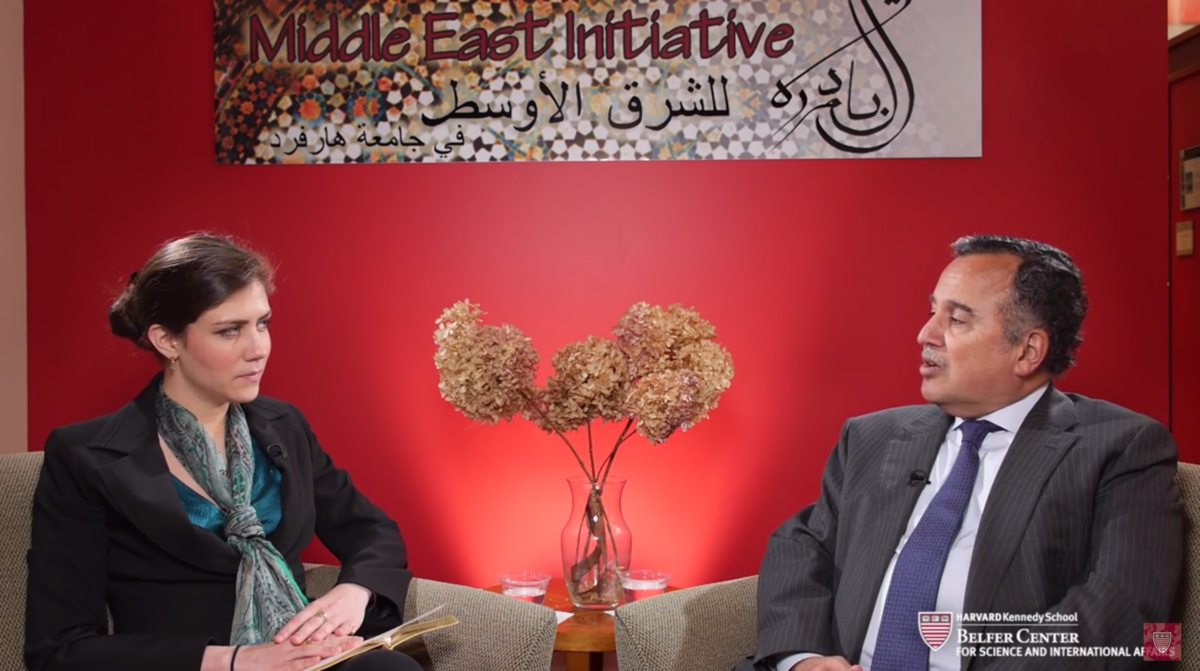
Inside the Middle East: Interview with Nabil Fahmy, Former Foreign Minister of Egypt
04.22.15
On April 16, 2015, JMEPP Associate Editor Kristin Wagner interviewed Nabil Fahmy, Former Foreign Minister of Egypt and Dean and Professor of Practice in International Diplomacy, School of Global Affairs and Public Policy (GAPP), American University Cairo. Watch the discussion of Egypt’s transitional process, public policy challenges, and foreign policy, including relations with Iran and intervention […]

Why There Should Be A Deal
03.30.15
On Sunday, March 29th, 2015, a senior Iran negotiator in the P5+1 nuclear talks, Deputy Foreign Minister Seyyed Abbas Araqchi, told Persian news sources that there is no agreement taking place and there are “no plans” to continue the talks until March 31st—the day of the deadline. Earlier in March, White House Spokesman John Earnest, […]
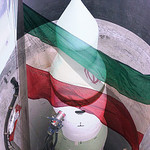
Perspective: How Nuclear Negotiations Could Change U.S.-Iranian Relations, an Interview with Harvard’s Iran Project Director Payam Mohseni
11.20.14
After years of tensions over Iran’s nuclear program, the United States and Iran have held the highest-level talks since the 1979 Revolution to negotiate the status of Iran’s nuclear program and have set a November 24 deadline to come to a deal. The Harvard Journal of Middle Eastern Politics and Policy’s Lauren Leatherby asks Dr. […]
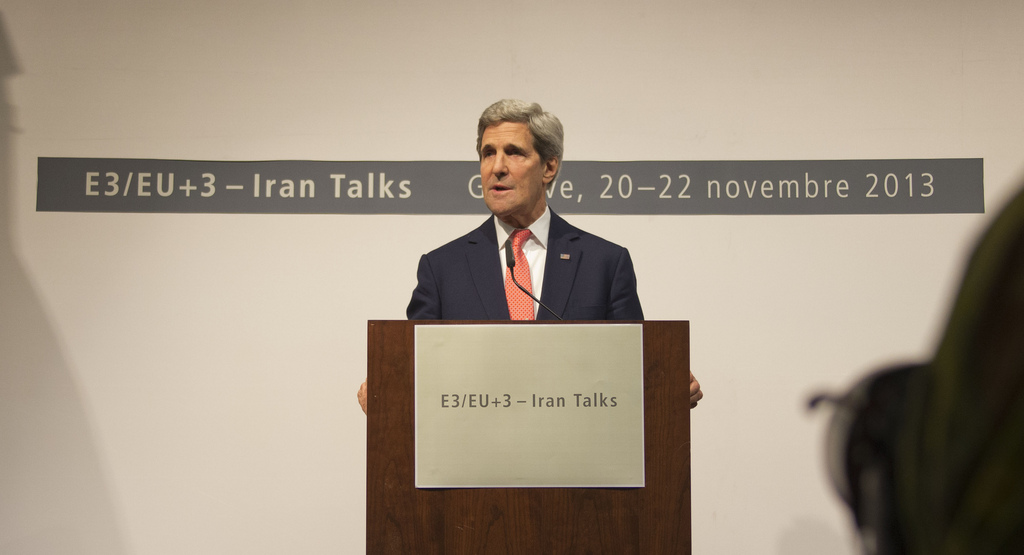
The U.S., Iran, and the Logic of Enmity
11.25.13
On Sunday, November 23, the Obama administration announced that they had reached a preliminary deal with Iran over that country’s nuclear program. The tentative deal is being hailed in the media as a sign of rapprochement between the two historical enemies, but Banai warned during his talk that the rift runs deeper than many observers […]
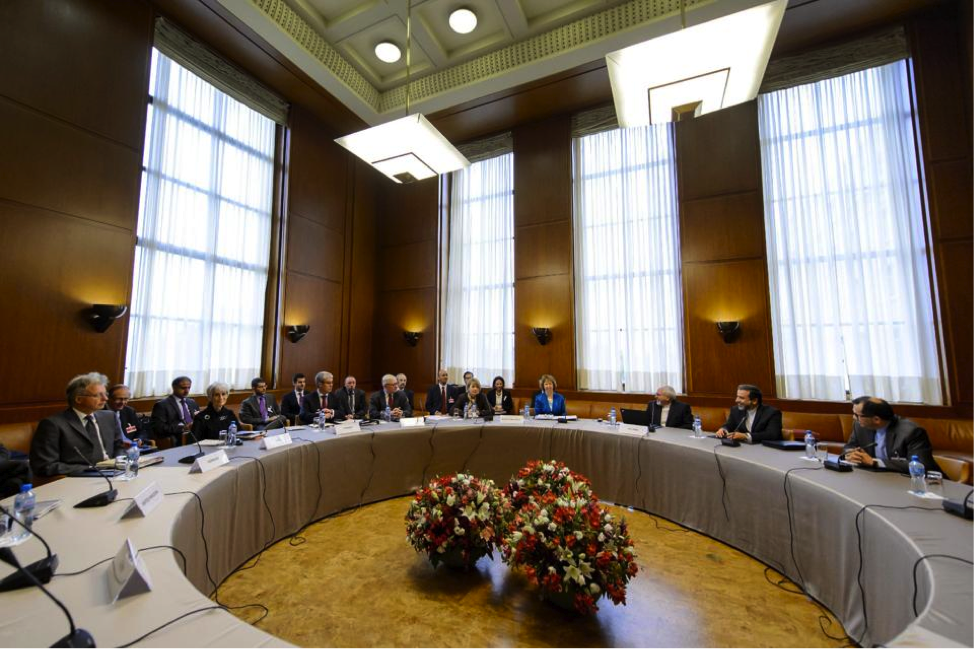
The Other Negotiations
11.13.13
The negotiations in Geneva are exciting, but miss much of the action. As US and Iranian diplomats sit down for the much-anticipated nuclear negotiations in Geneva, attention has focused on the drama unfolding in Europe. From Secretary Kerry’s premature departure from Israel on Friday, to French indignation over weak concessions on Saturday, there has been […]